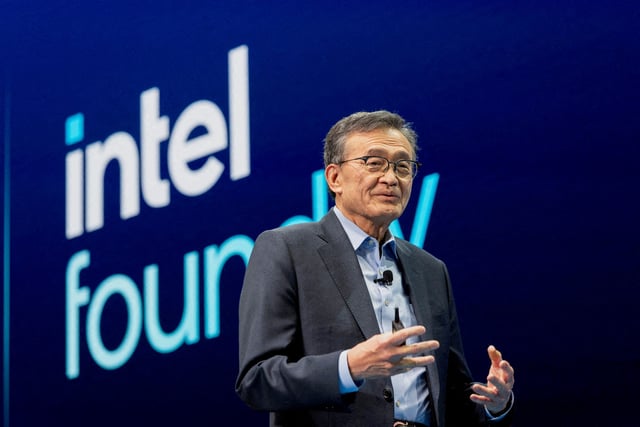Overview
- Intel disclosed that the conversion of CHIPS-era funding gives the government a roughly 9.9% non‑voting stake with no board seats and an agreement to back board nominees, while reserving the right to vote independently on other matters.
- President Trump said he will pursue similar arrangements, posting that he would make such deals "all day long" and seeking to "get as much" ownership as possible for the U.S.
- Commerce Secretary Howard Lutnick suggested defense contractors could be candidates for future stakes, while senior advisers discussed a potential sovereign‑wealth‑style approach.
- Intel’s risk filing cites dilution, reduced voting power for other shareholders, potential foreign regulatory hurdles, customer backlash, limits on future grants, and possible litigation; Fitch said the deal does not improve Intel’s BBB rating.
- Investors and governance experts warned of blurred lines between public and private interests and called for guardrails to prevent abuses such as insider trading, even as some Republicans condemned the move and Bernie Sanders praised taxpayer return.

